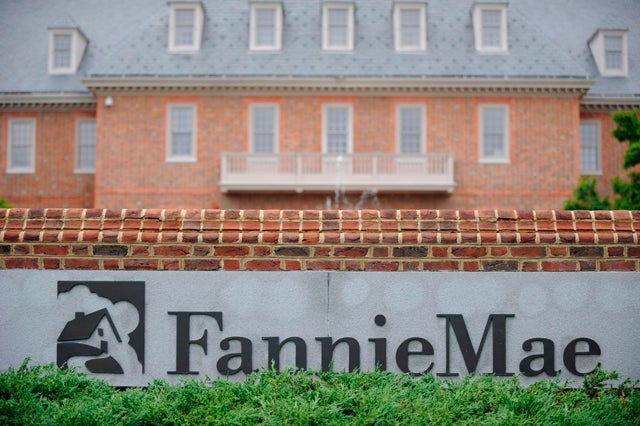As Congress contemplates legislation to end Fannie Mae and Freddie Mac, the government agency running their operations is trying to make that task easier. However, the Federal Housing Finance Agency (FHFA) seems to have run into trouble with Dodd–Frank regulatory issues, thus making the task of winding down the companies more difficult.
The FHFA recently directed these government-sponsored enterprises (GSEs) to “share out” risk on $30 billion of the mortgage-backed securities they currently hold. Basically, this directive means that the GSEs have to sell bonds to private investors. So far, so good: Anything to lessen taxpayers’ exposure to the GSEs’ risk can’t be all bad.
The Daily Signal depends on the support of readers like you. Donate now
The problem is that Fannie’s new bonds could have been structured to provide investors greater assurance on their money regardless of whether the GSEs are eliminated or kept in place. But because new rules under Dodd–Frank would have required a more onerous regulatory burden for those types of bonds, the new debt issue offers no such assurances. Consequently, even though “risk sharing” sounds like a win for taxpayers, Fannie’s new securities create another group of people who will insist upon payment before the GSEs are finally shut down.
Aside from structuring future GSE bond issues differently so that private investors can get more assurances, there are at least two additional steps the FHFA can take that would shrink the GSEs’ dominance in the housing market. It could (1) decrease conforming loan limits (the maximum size of a loan the GSEs can buy) and (2) increase the guarantee fee that lenders pay for Fannie and Freddie to buy mortgages (commonly referred to as the “g-fee”).
Increasing the g-fee has the added benefit of providing the same incentives in all parts of the U.S. housing markets (even those with high median home prices). Lenders in New York and D.C., for example, are disproportionately forced into the “jumbo market” (where loans are too large for the GSEs to buy) when the loan limits are decreased. But lenders in all areas would face the same higher cost if the g-fee is raised. The end result is that all lenders would have the same incentives to stop selling mortgages to the GSEs.
Regardless, Congress and the FHFA should take any actions they can that will make it easier to eliminate the GSEs once and for all.






























